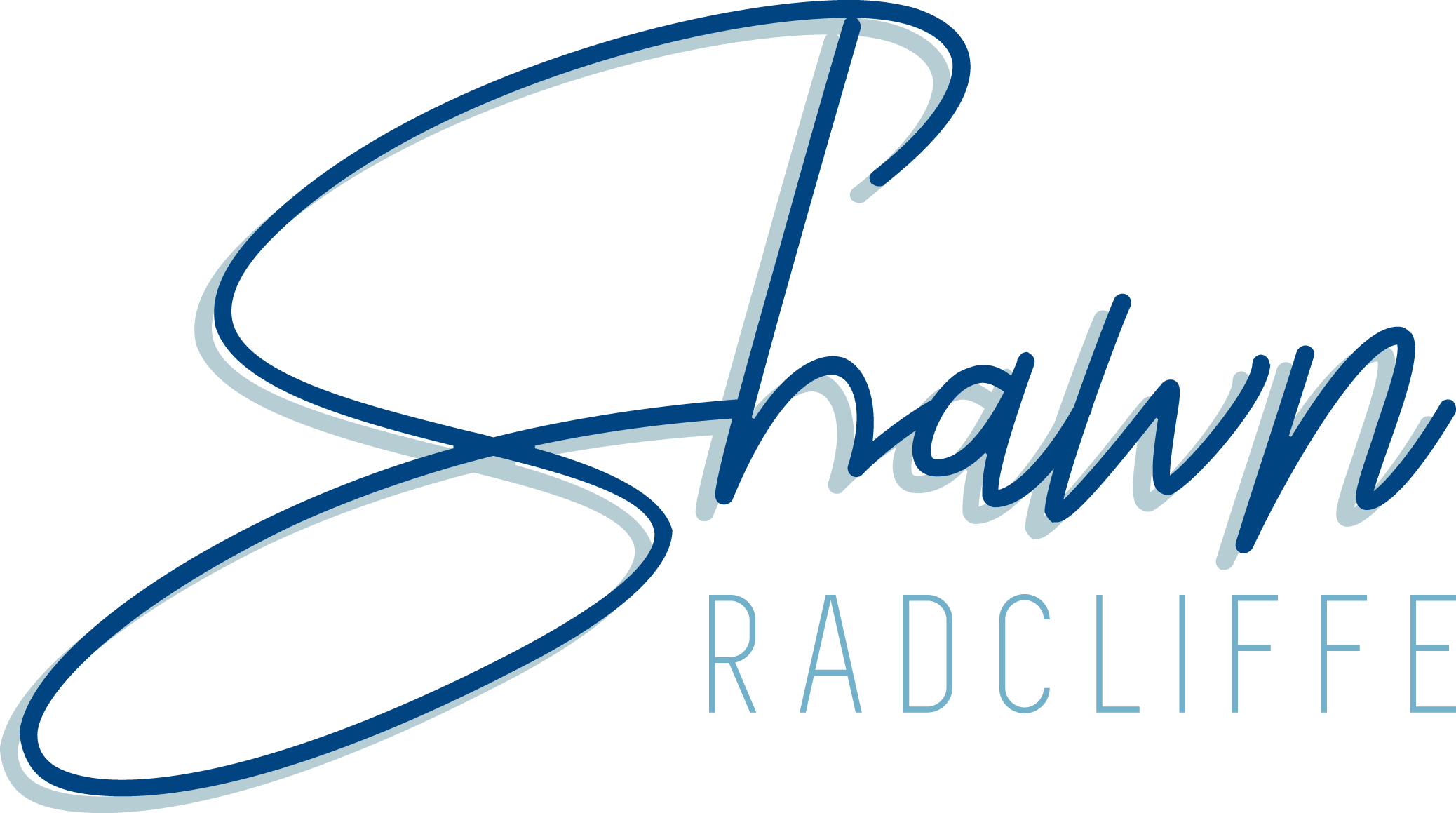How many times have you spent months developing a strong writing practice only to have it destroyed when your finely honed writing schedule runs aground on an unforeseen life event.
That iceberg lurking ahead in the misty writing waters could be anything—a cold that lingers on for days, a sudden uptick in well-paid writing assignments (“too good to turn down”), or a death in the family.
No one expects you to keep writing regularly when your partner’s grandmother dies, even if we tell ourselves that we can muddle through in between attending wakes and comforting loved ones. But all too often we think that we can ride out the smaller disruptions without so much as a pause in our writing practice.
Then reality sets in.
While we’ve been sick in bed, dreaming about finishing another ten chapters of our novel, our brain has quietly been turning to mush and the creativity that once flowed through our veins has all but leaked away. In a few days, our writing habits have sunk beneath the murky waters of procrastination, boredom, and self-doubt.
And we didn’t even have a chance to send a distress call.
Abandon Ship! Letting Your Writing Practice Go
 After taking time off from writing, that first day back at the computer or notebook can be overwhelming, if not downright depressing.
After taking time off from writing, that first day back at the computer or notebook can be overwhelming, if not downright depressing.
When we are first developing our writing habits, we expect that it will be challenging. Eventually, though, we learn to set aside dedicated writing time, “dive right in” instead of procrastinating, and find a balance between structured and free writing.
But when our writing practice has been stopped dead in its tracks and sent to an early watery grave, we are faced with the fading reflection of what once was. The very fact that we are coming back to the page reminds us of what we’ve lost.
We also tend to hold ourselves to unnatural standards, even if we’ve had to take time off (especially if we’ve had to take time off). Subconsciously, we expect to:
- write as easily as we did before
- still be on track with our writing goals and milestones
- be filled with amazing ideas that came to us during our time off from writing
- have the same focus and ability to ignore distractions as before
- be impervious to any future disruptions to our writing practice
For many of us, those expectations are often misplaced.
I’ve struggled many times to come back to my writing practice after unexpected time off. It’s one thing to take an intentional vacation or a mini-break from writing. When it’s your choice, you buffer yourself against the potential damage done by not writing every day.
 But when you have no choice—when life suddenly intervenes—it’s as if your writing practice has been ripped from your hands. And as you struggle to hold onto it, your precious habits are torn into shreds.
But when you have no choice—when life suddenly intervenes—it’s as if your writing practice has been ripped from your hands. And as you struggle to hold onto it, your precious habits are torn into shreds.
Recovering your writing practice after that is like bringing the Titanic back to the surface after it has split in two, filled with ice-cold sea water, and sunk to the bottom of the ocean. As James Cameron discovered, the best you can hope for is a fuzzy glimpse of what your writing practice once looked like.
Ship Ahoy! Finding a New Writing Practice
If you’ve experienced an unintentional disruption in your writing practice, it’s good to reflect for a moment before diving right back into writing. Ask yourself these questions, a sort of writer’s self-assessment:
- How do feel, both physically and mentally?
- Is your schedule settled enough to set aside regular time to write? If so, how much do you think you could regularly handle at one time?
- What do you want to accomplish, both in the short-term and the long-term?
- Where did you leave off before the disruption? Is that the best place to start or do you need to start somewhere else?
- Do you need some time to nurture your creative artist before chaining him or her to the desk?
Before starting to write again, it’s really important to know where you are physically, mentally, emotionally … and creatively.
You can ask yourself these questions after a meditation practice, or while walking alone in the park, or in your journal. Really dig in and see where you’re at. That way, you know what you need to do next to get back into your writing practice.
Even more importantly, treat yourself with a little compassion. Not writing for a week because you’ve been laid up in bed with a cold is no reason to berate yourself about your lack of writing stamina.
Too often, we expect more from ourselves than we would from our own partner or child. If they were trying to get back in the habit of writing, how would you treat them? You should expect no less kindness for yourself.
And even though your titanic writing practice from last month may never float again, don’t worry. If you take it slowly after a disruption, you may find a writing practice that better suits you, whether it’s a sleek sailing vessel for faster writing or a one-person kayak suitable for more reflective writing.
“Having compassion starts and ends with having compassion for all those unwanted parts of ourselves. The healing comes from letting there be room for all of this to happen: room for grief, for relief, for misery, for joy.” ~ Pema Chödrön
_____
Photo: Solo kayaking, Flickr by Phil



